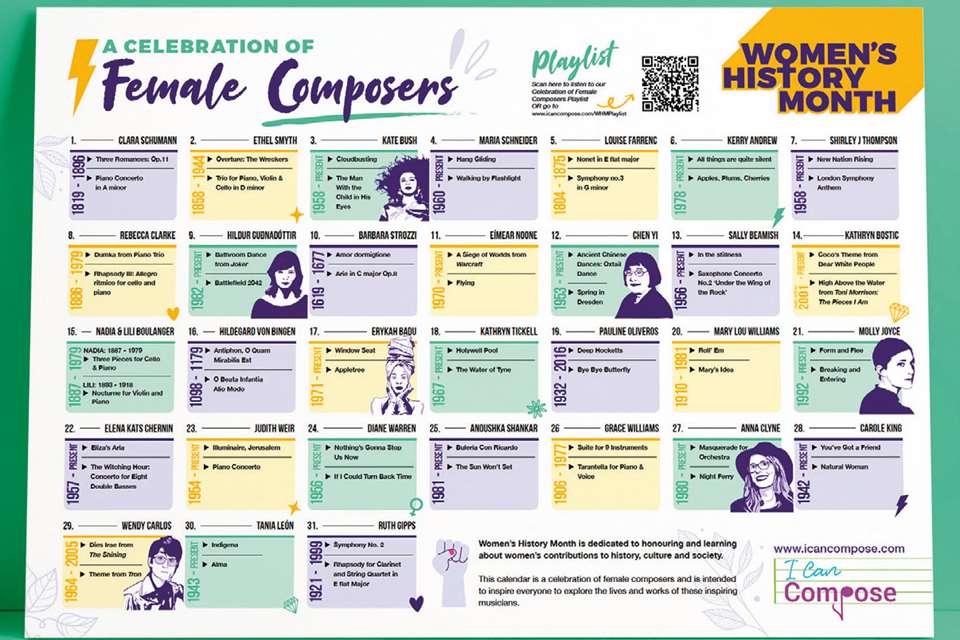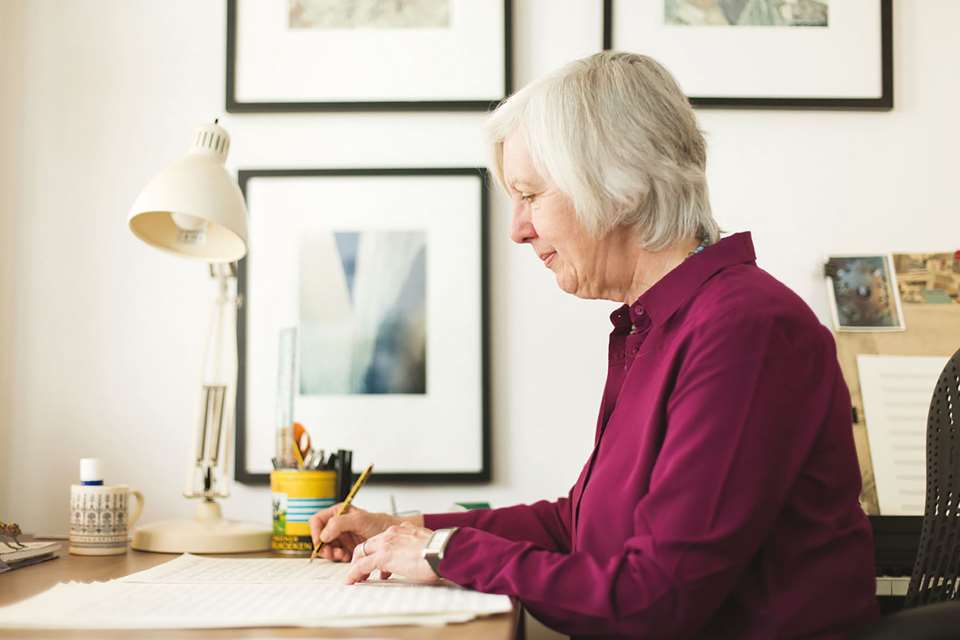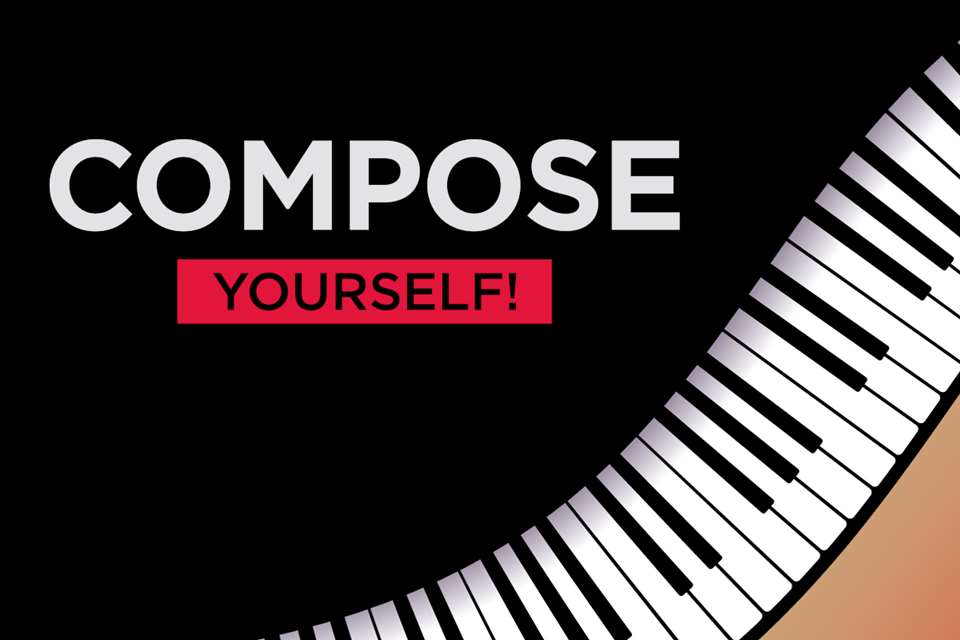Building on a legacy: HerStory piano collection
Hattie Fisk
Sunday, May 1, 2022
Reframing the male-centric narrative of the history of composition, Karen Marshall's piano collection HerStory is also opening doors for young female composers, as Hattie Fisk finds out.
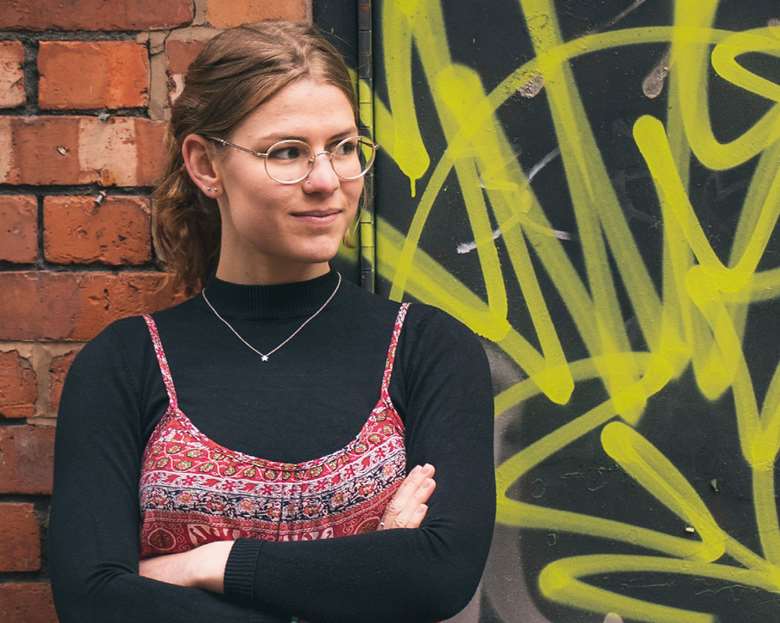
Abhishek Kodaganallur Pichumani
Classrooms across the country are piled high with the works of composers from throughout history, but the sad fact is that many amazing female composers have slipped through music education's net. We have a huge opportunity to reshape how we view musical history and inspire the next generation – but where do we start? Unphased by the enormity of the task, piano pedagogue Karen Marshall's passion project is shining a light on female composers who have been lost in the depths of history.
HerStory is a piano collection containing the works and lives of remarkable female composers from across the ages, with short fact files included next to their scores detailing how and when each musician lived. Launched on International Women's Day this year, the vibrant collection is brimming with brilliant female musicians – some more well-known than others – and suggestions for learners on how to play each piece. Playing on the word ‘history’ and reframing it to fit the female narrative, in print HerStory is accented with subtle blue and grey colours, meaning the book is appealing for students of all ages and genders. The text also contains a piano duet and a piece of chamber music, making the scores suitable for solo and ensemble practice alike.
The first known woman linked with composition from the 11th century, Hildegard von Bingen, is celebrated in the book – young female composers were invited to enter a piano piece based on one of her ancient melodies. The entries for this competition were so strong that two young creatives won first place and have been published in HerStory: Margarida Gonçalves and Emily Pedersen.
The overarching message of the book is that young female composers have a place in the music industry, and that the past can be a source of inspiration if you know where to look. ‘As a female composer there is a legacy for you to build on’, says Marshall. ‘Going right back to Hildegard von Bingen, you can do this, and you've got role models. The stories here are very real and human.’

Margarida Gonçalves, joint competition winner © COURTESY MARGARIDA GONçALVES
Pedagogic intent
While gathering and compiling the stories of female composers is a worthy enough mission, Marshall has a desire to platform new composers and support the next generation of talent. The competition is a crucial part of this, making the book feel more relevant to those at the start of their musical journeys.
The point of HerStory, Marshall made clear when we spoke, is to champion female composers and raise them up, rather than to push down the work of historical or contemporary male composers. In fact, in the text's introduction, Marshall points out that several great composers, including Brahms, Mendelssohn, Haydn, Saint-Saëns, Liszt and Schumann, supported female composers in their work and quest for success, forming a community which threads through history. Without a doubt, the book is a promising response to a seemingly perennial issue and digs up inspiring jewels for the next generation of composers.
One significant element of the project was ensuring the practical use of the text for those learning and those teaching. ‘This is not a random group of pieces – this is very carefully put together in terms of key signatures, time signatures, styles, techniques and genre to make sure it has pedagogic intent,’ says Marshall. Each page features activities or suggestions, such as practice generator boxes, theory drills and space for students to write notes.
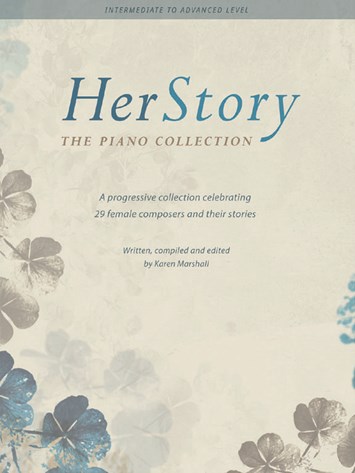
Filling the void
There are some well-known names in the book – Florence Price, Clara Schumann, and Amy Beach to name a few – which makes the inclusion of the two new composers all the more remarkable. Speaking to the joint competition winners over Zoom, I am struck by how eloquent and self-aware they are, as well as their modesty and desire to make a lasting difference for other young musicians.
Bringing composition into the present day, Pedersen tells me that for International Women's Day she wrote a wind quintet based on One Direction's That's What Makes You Beautiful, and that after winning several competitions and getting a piece published in HerStory, she is now working on a piece for chamber orchestra alongside completing a music degree at the Royal Northern College of Music. While her success is unquestionable, Pedersen felt the impact of the lack of female representation in composition throughout her childhood.
When growing up, she shared a large encyclopaedia with her brother, and the tome only had one double-page spread designated to ‘women in music’ – something that made her question her own future. ‘I didn't have any female role models until I had grown up, and you see those effects in higher education. There aren't enough women doing composition, because we don't feel like we can do it.’ Similarly, Pedersen's Grade 5 piano book did not feature any scores written by women. ‘Not to have any role models for 50 per cent of the population is just crazy’.
Pedersen tells me that in one university lecture, a fellow student suggested that the reason for the lack of female representation in composition is because women have ‘chosen different careers to men’. ‘I've been really lucky and every man who has mentored me has not held that view,’ she says, ‘but I shouldn't have to be lucky to experience that. It should be the norm.’ Books like HerStory are tackling this perception and present the achievements of women as something to be celebrated, rather than a controversial subject to brush under the carpet.
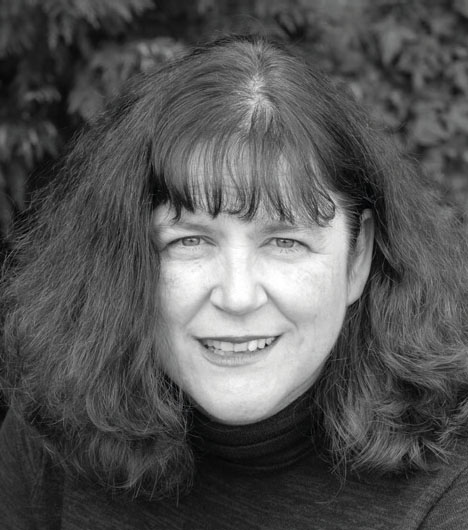
Author of HerStory Karen Marshall
Relevance and power
Pedersen's composition in response to Hildegard von Bingen's work is a political piece titled ‘Now Think.’, merging the contemporary issues of global warming and mental health with music from the 11th century. Taking inspiration from the figures in HerStory, Pedersen is unafraid of making bold decisions: ‘Sometimes music does make you uncomfortable; it is the discomfort that makes people act.’
In contrast, competition co-winner Gonçalves’ work is more traditional, titled ‘O Virtuo Sapientiae’ (‘O Strength of Wisdom’). The score is accompanied by a short note from the young musician about Bingen's central line: ‘The melody is one of the most beautiful lines ever written, so do ensure it sings out’. Gonçalves is from Portugal and began her music studies at the age of 11 on the violin. She started composing when she was 15 and is currently studying at the Royal Academy of Music.
‘It is amazing that we know so much about the letters between Brahms and Chopin, but where is the hidden history for these women?’ asks Gonçalves. HerStory is filling the historical void with short snippets about the lives of each female composer, bringing the figures to life with anecdotes and interesting facts. ‘This is how we can change things’, says Gonçalves. ‘We can show people with this amazing book that there were (and are) so many talented women out there in classical music.’ It is important to note that equality in the present day comes from exploring and acknowledging our past, and alongside empowering young voices to speak out, that is what this book is doing.
‘We need to advertise that it is normal for women to write music. Compositions by females have always been there, and they are not something “other” – they integrate with mainstream music and composition’, Pedersen adds. Fundamentally, Marshall's book is much more than a practical text – it is a library of forgotten treasures that we should bring back to life on pianos across the world. This is proof that the uniting force of music can transcend patriarchal barriers and has the power to inspire the next generation to start a new cycle of creativity.
A closing comment from Gonçalves articulates the way I felt when leafing through the pages of HerStory: ‘I feel like there is a change happening here and it is really good to be a part of it’.
www.fabermusic.com/shop/herstory-the-piano-collection-p460679


